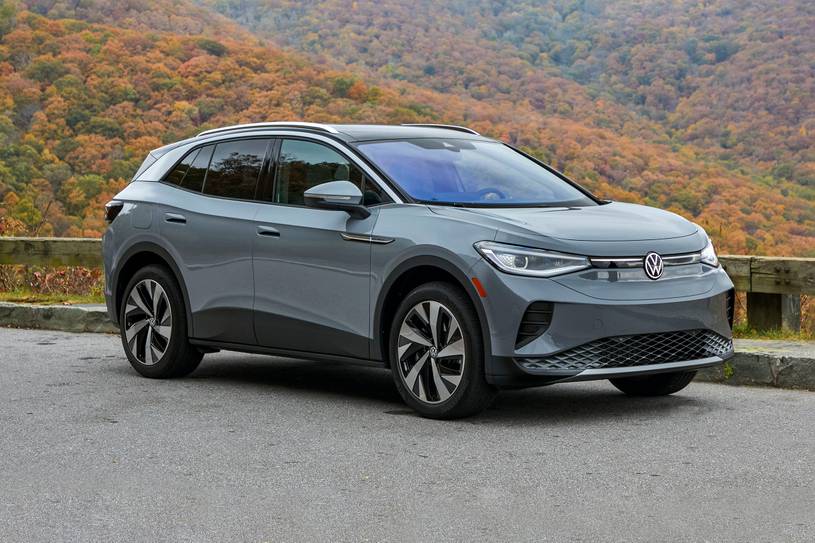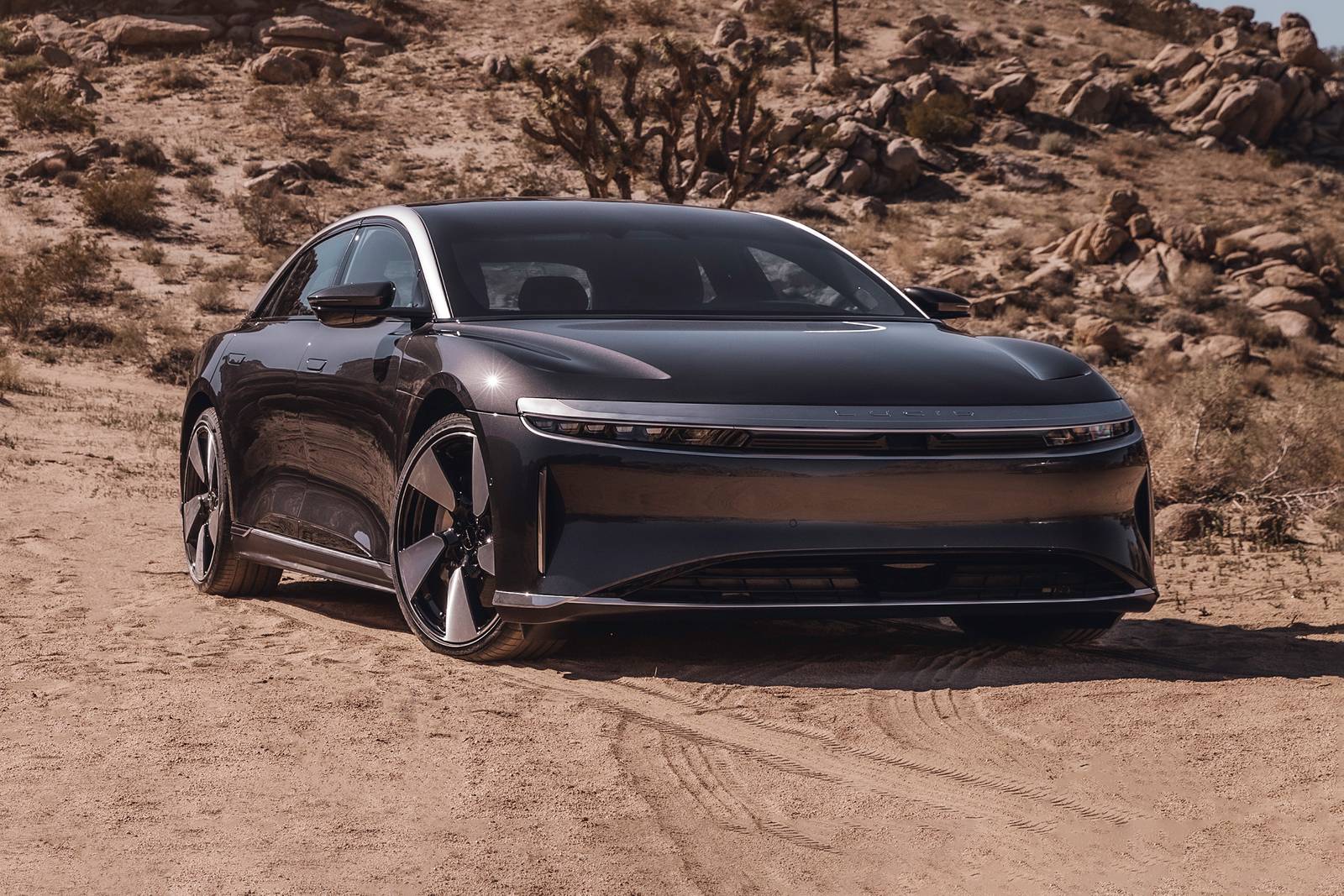The benefits to getting an electric vehicle may seem obvious: no more filling up your car with expensive gas, fewer items on your vehicle to regularly maintain, and no tailpipe emissions. But you can't beat the convenience of knowing there will be a gas station just a few miles down the road when your tank is low, and gas-powered vehicles are familiar to most car buyers. We're going to cover all the differences between electric cars and gas cars in this article so you can decide which is right for you.
Electric cars vs. gas cars: Cost
How much you pay for your vehicle, whether it's gas or electric, can vary wildly. But electric vehicles typically cost more to purchase than their gasoline-powered counterparts. That said, a Consumer Reports study found that the total cost of ownership for an electric car is far lower than a gas car when factoring in things like purchase price, maintenance and fuel. So what gives?
Electric cars vs. gas cars: Fuel cost
Electricity typically costs a lot less than gasoline. The cost of charging an electric car is influenced by a lot of factors, including whether you charge at home or use a public charger, the price of electricity, and the efficiency of your electric car. But the fuel savings with an electric car can be immense. The Department of Energy released a study that says electric vehicle owners can save nearly $15,000 over a 15-year period, a huge savings for most owners.






 by
by 